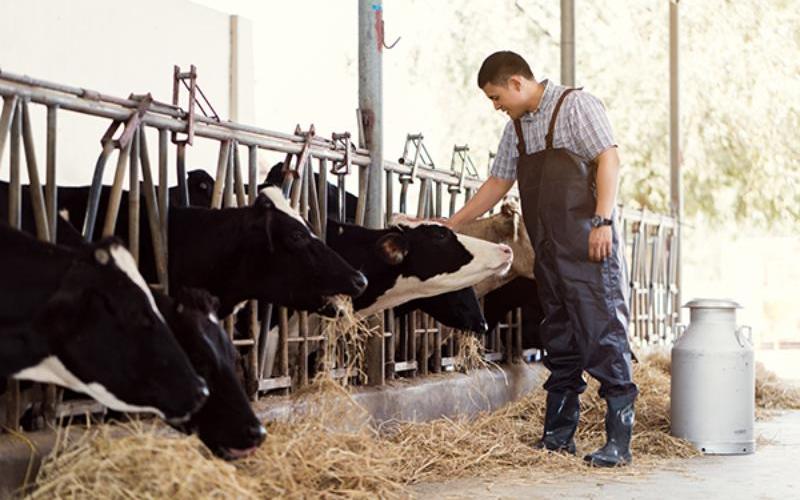Labor Crisis: Why US Dairy Can’t Find Workers

The scarcity of dedicated workers creates immense pressure on existing teams. The author, drawing on personal experience, notes that the same urgent, disruptive scenario—a co-worker failing to show up for work, instantly canceling personal plans—is common on both the farm side and within dairy processing plants. While management opportunities exist in areas like commercial strategy and technology, these roles fundamentally require the foundational knowledge gained fr om working on the ground, knowledge that is becoming increasingly rare among the domestic workforce.
The root of the problem stems from a cultural shift and a lack of willingness within the U.S. population to accept the hard, non-optional work ethic intrinsic to dairy farming. The author recounts an instance wh ere local high school classmates, despite decent pay and a flexible schedule, refused to help with farm work. This general unwillingness, even among those capable, highlights that the industry needs workers who will “show up, roll up their sleeves and do the hard work right there beside you.”
The shrinking pool of domestic talent is underscored by the diminishing number of “dairy kids” in the U.S. While the label “Farm Kid” still conveys a valuable work ethic, it carries even more weight if that background is dairy, a sector that demands relentless dedication. The long-term sustainability of agribusiness requires a practical solution that acknowledges this reality: domestic labor is insufficient to meet the industry’s continuous demands.
The conclusion for the international dairy community is a unified call for policy action. The industry desperately needs the ability to secure necessary labor legally and year-round. This necessity points toward a dependency on immigrant labor to fill roles that the domestic population is largely unwilling to take, making sensible, consistent immigration policy a critical factor for the future success and stability of the entire U.S. dairy sector.










